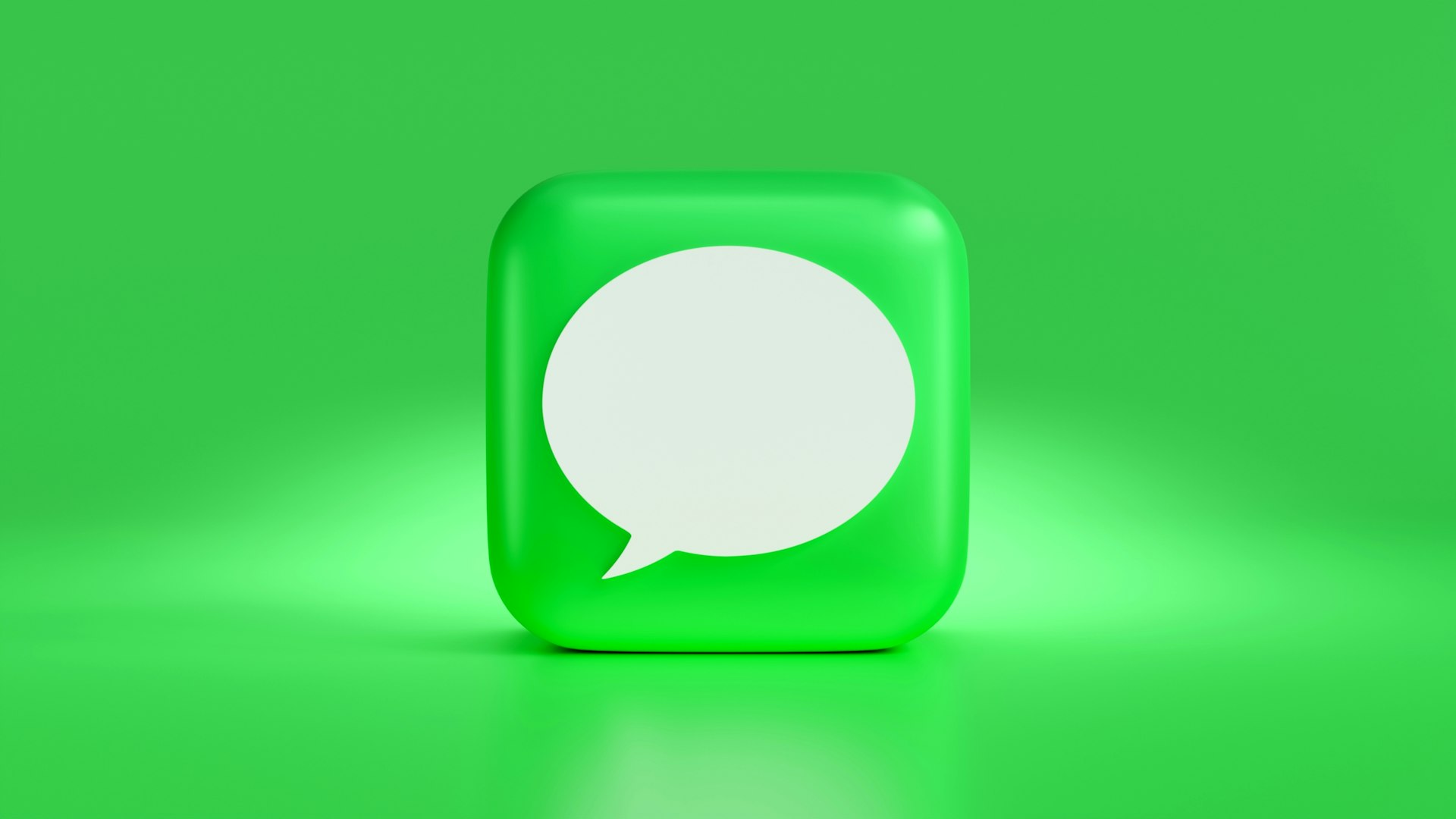AI Chatbots in Student Support: Transforming Campus Services and Academic Engagement


Photo by Mariia Shalabaieva on Unsplash
Introduction: The Rise of AI Chatbots in Student Support
AI chatbots are rapidly changing how educational institutions deliver student support services. As colleges and universities face increasing demands for personalized, accessible, and timely assistance , AI-powered chatbots have emerged as a scalable solution bridging gaps in traditional support models. These digital tools are now integral to campus life, offering everything from administrative help and admissions guidance to mental health resources and academic tutoring. [1]
Key Benefits of AI Chatbots in Student Services
AI chatbots deliver substantial advantages to both students and institutions:
- 24/7 Availability: Chatbots provide round-the-clock assistance, enabling students to get help when they need it-whether it’s late at night or during busy registration periods. [1] [4]
- Personalized Support: Through advanced algorithms, chatbots tailor information and resources to each student’s unique needs, whether it’s academic help, enrollment questions, or campus navigation. [3]
- Relieving Staff Workloads: By answering common questions and automating routine tasks, chatbots allow human staff to focus on complex or sensitive student issues, improving overall service quality and reducing burnout. [2]
- Actionable Insights: Every chatbot interaction is logged and analyzed, revealing patterns in student needs and highlighting areas for systemic improvement. [2]
How AI Chatbots Work in Student Support
AI chatbots use natural language processing and machine learning to simulate human-like conversations. They integrate with institutional databases and learning management systems, accessing real-time information on courses, policies, deadlines, and support resources. This allows them to:
- Answer FAQs about admissions, financial aid, and campus life
- Guide students through complex administrative processes
- Deliver academic support, such as tutoring or writing assistance
- Connect students to human advisors when needed
For example, a student struggling with a course assignment can receive instant feedback or links to additional resources through an AI chatbot, ensuring learning continues outside regular office hours. [3] [4]
Real-World Examples and Case Studies
Many institutions have successfully implemented AI chatbots to enhance student support:
- Admissions Support: During peak application seasons, chatbots handle a high volume of queries from prospective students, reducing wait times and improving satisfaction. [4]
- Academic Guidance: AI chatbots can suggest tailored study resources, practice quizzes, and strategies based on individual performance data. For instance, students struggling with specific topics may receive personalized follow-up materials. [3]
- Mental Health and Wellness: Some chatbots provide information about counseling services and self-care resources, acting as a first point of contact for students seeking help. [1]
- Administrative Automation: Tasks such as scheduling, deadline reminders, and policy explanations are streamlined, freeing staff for more specialized support. [2]
How to Access AI Chatbot Student Support Services
If you are a student or administrator interested in leveraging AI chatbot support, here are actionable steps you can take:
- Check Your Institution’s Website or Portal: Many colleges and universities integrate chatbots directly into student portals, admissions pages, or learning management systems. Look for chat icons or help widgets labeled as “Virtual Assistant,” “Chatbot,” or “Ask a Question.”
- Contact Student Services: If unsure whether your institution offers AI chatbot support, reach out to your student affairs or IT helpdesk via email or phone. They can guide you to available resources.
- Explore Third-Party Platforms: Some educational technology providers offer chatbot services that can be accessed independently or through school partnerships. Always confirm with your institution before sharing personal data with third-party tools.
- Provide Feedback: If you use a chatbot, take advantage of feedback options. Sharing your experience helps improve service quality and ensures the system better meets student needs over time.
For institutions exploring chatbot adoption, consult with reputable educational technology vendors and review case studies from peer schools. It’s important to assess integration with existing systems and ensure compliance with privacy regulations. [1]
Potential Challenges and Considerations
While AI chatbots offer significant benefits, there are important challenges to address:
- Data Privacy: Student data must be handled in compliance with laws such as FERPA in the U.S. Always verify a chatbot’s privacy standards before use. [4]
- Over-Reliance on Automation: Chatbots are designed to complement, not replace, human support. Encourage students to seek in-person or live help for sensitive or complex issues. [1]
- Continuous Improvement: AI models require ongoing training and updates to remain accurate and helpful. Institutions should regularly review chatbot performance and user feedback. [2]
Some students may initially be hesitant to use chatbots. Institutions can address this through clear communication about benefits, privacy protections, and the role of AI in student support.
Alternative Approaches and Complementary Resources
AI chatbots are just one part of an evolving student support ecosystem. Other options include:
- Peer Support Programs: Many campuses offer peer-to-peer mentoring and study groups for additional academic and social support.
- Traditional Help Desks: Phone, email, and in-person help remain important-especially for students who prefer direct contact.
- Online Resource Centers: University websites often feature extensive self-help articles, video tutorials, and downloadable guides.
Students can maximize their success by combining chatbot assistance with these traditional and digital resources, ensuring a holistic approach to campus life and learning.

Photo by Brett Jordan on Unsplash
Key Takeaways: The Future of Student Support
AI chatbots are transforming student support by making help more accessible, personalized, and efficient. As educational technology evolves, these digital assistants will play an even greater role in shaping student experiences and outcomes. To get started, students should explore their institution’s digital services, reach out to campus support teams, and provide feedback to help improve these tools for everyone. For administrators, investing in robust, integrated chatbot solutions can yield measurable benefits in student engagement, satisfaction, and retention. [1] [2]
References
- [1] Boundless Learning (2025). How AI Chatbots Are Transforming Student Services in Higher Ed.
- [2] LearnWise (2025). Ultimate Guide to AI Chatbots in Education.
- [3] Edly (2025). How AI-Driven Chatbots are Revolutionizing Student Engagement in EdTech.
- [4] Smythos (2025). Chatbots in Education: The Role of AI in Modernizing Student Support.






